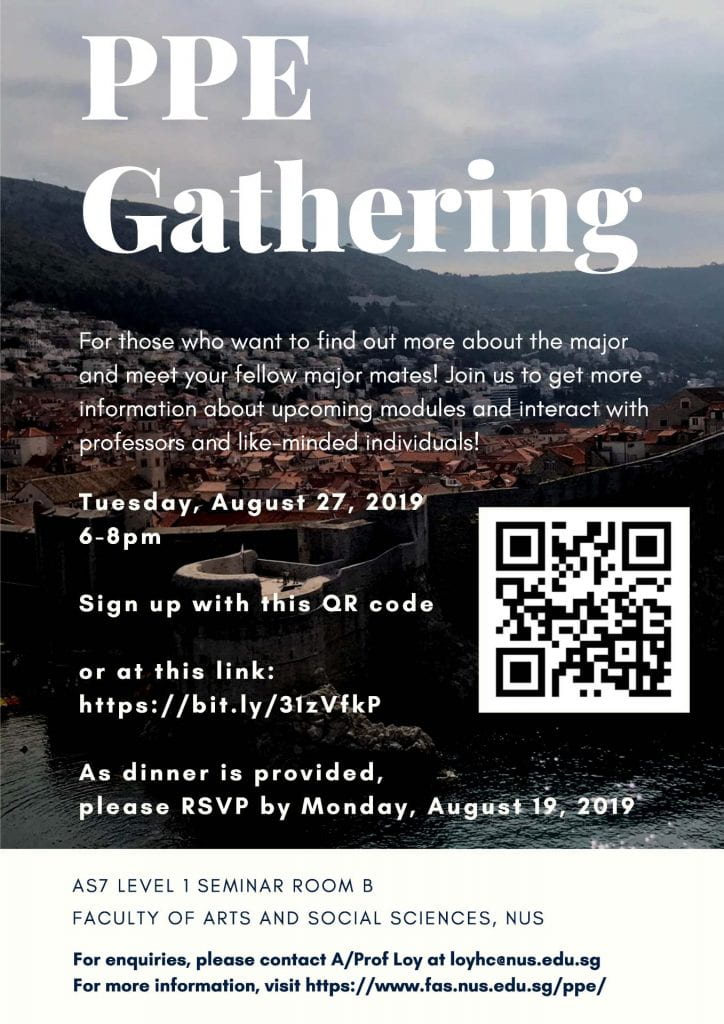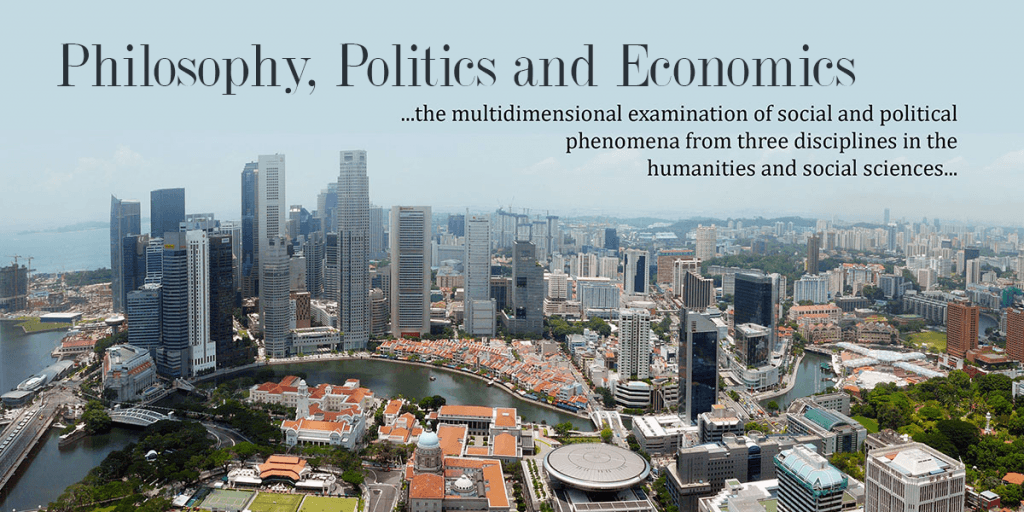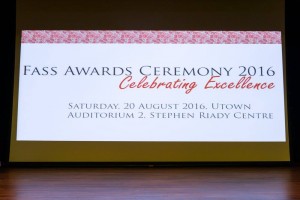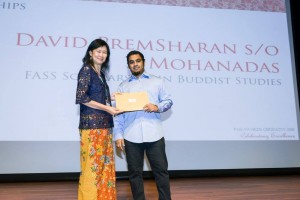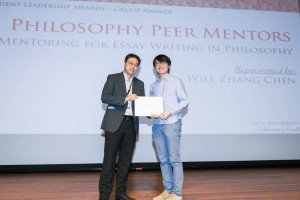RSVP at https://bit.ly/31zVfkP (extended to Wed 21 Aug)
Category Archives: Undergraduate Students
PPE Programme Briefing for interested FASS Y1 students
PPE: The Newest Major at the Faculty of Arts and Social Sciences
The PPE programme, jointly established by the Departments of Philosophy, Political Science, and Economics in 2018, focuses on the multidimensional study of social and political phenomena, using the intellectual tools from three long-established disciplines in the humanities and social sciences.
Read more about it here.
FASS Forward to the Exams

(A message from the FASS Dean’s Office Student Life team.)
Dear FASS Freshmen,
As we approach the end of the semester, the Dean’s Office is organising a 2-hour session next week to help you prepare for your first exams at FASS. Specially designed for students in their first year, FASS Forward to the Exams features 4 lecturers and 4 senior-year students across different disciplines, who will share their insight on how to deal with your exams in an interactive seminar setting.
If you would like to obtain first-hand study tips and advice from lecturers on how to cope with exams, this session is just for you! Together with senior students from Sociology, Psychology, History and Geography, our very own FASS lecturers from Philosophy, Economics, English Language & Literature and Southeast Asian Studies will be there to share their personal experiences, study tips and exam strategies!
- Date: Wednesday, 1 November 2017
- Time: 4-6pm
- Venue: FASS Seminar Room B (AS7 Level 1)
- Format: 40-minute Panel session and Small-Group Q&A
Click HERE to register! Limited spaces available! For enquiries and more information, please contact Lynn (lynnseah@nus.edu.sg or 66013496).
FASS Award Ceremony 2016
Every year, the Faculty of Arts and Social Science holds the FASS Awards Ceremony to celebrate the academic excellence of the best performing Undergraduate and Graduate students in the past year. This year’s Ceremony was on 20th August 2016 in UTown Auditorium 2, Stephen Riady Center.
Students hailing from our very own Philosophy Department did exceptionally well in In Academic Year 2015/2016. In her opening address, the Dean Professor Brenda Yeoh made special mention of Bernadette Chin. Bernadette was selected to be the valedictorian speaker for the graduating batch of 2016 on account of her truly exceptional achievements and the numerous accolades she collected. She has since enrolled back in the Department’s Masters Programme. 
This year, the FASS Awards Ceremony also included the FASS Student Leadership Award (FSLA). The FSLA is a special award given to students who, beyond academic excellence, contributed to the faculty and society. In 2015/16, a group of philosophy majors started a Peer Mentoring Programme to organize essay-clinics for new philosophy students, students from other departments and faculties with an interest in philosophy and the humanities. Their efforts not only fostered stronger ties among the Philosophy majors, it also help reached out to the wider NUS community. For this initiative, they were awarded the FSLA Group Award.
Here is a list of awardees from the Philosophy Department:
Graduate Students Teaching Award
Cai Xian Hui Nicholas
Li Qing Yi
FASS Scholarship in Buddhist Studies
David Premsharan S/O R Mohanadas
Hochstadt Scholarship in the Humanities
Will Zhang Chen
Ian and Peony Ferguson Scholarship
Aloysius Chan Jun Hao
Lee Kuan Yew Gold Medal (Overall)/Rachel Meyer Book Prize/Special Book Prize – Philosophy/Daiwa Prize
Bernadette Chin Siew Hui
NTUC Medal/ Philosophy Book Prize
Yap Pei Ling Rachael
FSLA Group Award
Philosophy Peer Mentors
Dean’s Scholar List, Semester 1
Yap Pei Ling Rachael
Dean’s Scholar List, Semester 2
Aloysius Chan Jun Hao
Bernadette Chin Siew Hui
Rei Lim
Marcus Wee Rui Zheng
Muhammad Lutfi Bin Mohamed Shoufi
San Weng Kin
Yap Pei Ling Rachael
Yip Zhen Yuan Brandon
Will Zhang Chen
(Prepared by Jeremy Huang, with input from A/P Loy Hui Chieh)
Time Table for AY2016-17, Semester 1 and Semester 2
Is now up on the main website.
What Good is Studying Philosophy?
 Let me tell you a joke; one you might hear again and again if you pursue a philosophy degree.
Let me tell you a joke; one you might hear again and again if you pursue a philosophy degree.
Q: What’s the difference between a philosophy graduate and a bench?
A: A bench can support a family.
The joke, like most jokes, rests on false stereotype: the notion that should you pursue a degree in philosophy, you will find yourself unable to find meaningful employment. But that premise is wrong.
Let us ask what assumptions this thought might be founded on. It is not often spelt out, but I think the rationale typically goes something like this:
In pursuing a philosophy degree, you pursue questions that have no real-life application. When you study the nature of knowledge, or the fundamental structure of reality, or what constitutes right and wrong, you are studying things that are irrelevant to employers, who will consequently be reluctant to employ you.
The argument fails in a number of ways.
“Introduction to the unity of structured propositions” by Bjørn Jespersen
This talk addresses the unity of the structured atomic proposition that a is an F. I address both the metaphysical problem of how multiple, heterogeneous parts are unified into one whole that has features none of its parts have, as well as how to decompose the whole back into its parts, and the semantic problem of how propositions are related to truth-conditions. I analyze both an empirical and a non-empirical (e.g. mathematical) variant of the proposition that a is an F; for instance, that Pluto is a planet, and that two is prime. The solutions I offer are developed within a realist procedural semantics (Transparent Intensional Logic), which identifies meanings with procedures for obtaining output objects from input objects. My general approach is broadly Fregean, but makes do without the notion of unsaturated objects. I demonstrate how predication holds the key to the unity of at least atomic propositions. Predication is modelled as an instance of the logical procedure of functional application.
Suggested background readings:
Jespersen, B., ‘Recent work on structured meaning and propositional
Unity’, Philosophy Compass 7 (2012): 620-30.
Jespersen, B., ‘Structured lexical concepts, property modifiers, and Transparent Intensional Logic’, Philosophical Studies 172 (2015): 321-45.
Keller, L., ‘The metaphysics of propositional constituency’, Canadian Journal of Philosophy 43 (2013): 655-78.
Philosophy Tutorial
Date: Friday, 18 Sep 2015
Time: 11am – 1pm
Venue: AS3 #05-23
Speaker: Bjørn Jespersen, University of Barcelona
Moderator: Dr. Tang Weng Hong
About the Speaker:
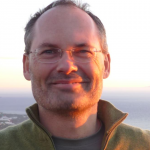 Bjørn Jespersen is currently affiliated with the LOGOS Research Group in Logic, Language and Cognition at the University of Barcelona as a Marie Curie Fellow funded by a European Commission grant. Before that he held research and teaching positions at Delft University of Technology, the Czech Academy of Sciences, and Leiden University.
Bjørn Jespersen is currently affiliated with the LOGOS Research Group in Logic, Language and Cognition at the University of Barcelona as a Marie Curie Fellow funded by a European Commission grant. Before that he held research and teaching positions at Delft University of Technology, the Czech Academy of Sciences, and Leiden University.
He obtained his PhD at the Masaryk University in the Czech Republic on a thesis devoted to reference and attitudes in Transparent Intensional Logic. He originally studied philosophy at the University of Aarhus in his native country of Denmark.
He is a co-author of the award-winning book Procedural Semantics for Hyperintensional Logic (Springer, 2010) and has published in excess of fifty papers and book chapters in, for instance, Philosophical Studies, Synthese, Synthese Library, Studia Logica, Journal of Philosophical Logic, and most recently in Thought. He has co-edited a special section of Synthese containing papers on hyperintensionality, and will be co-editing a special issue of Synthese together with Manuel García-Carpintero containing papers on propositional unity, some of which were presented at the recent LOGOS conference on this topic.
His current project is devoted to the unity of structured, fine-grained propositions. He has published a paper on recent work devoted to this topic in Philosophy Compass. His two latest projects were on quantifying-in and modifiers. His general interest is philosophical logic and philosophy of language.
The two presentations that Dr Jespersen is giving at Singapore National University have previously been given at UC Irvine, UNAM, and University of Stockholm.
Internship Opening(s) at Raffles Institution
The Raffles Institution Philosophy Department runs a Philosophy Teaching Internship Programme for 12 weeks from mid January to mid April. The Internship Programme includes classroom team teaching experiences, as well as lesson design and lesson observation opportunities. Part of the internship also includes resource crafting for our annual Inter-School Philosophy Dialogue. This will be done in close consultation with Department mentors.
Interested applicants should have the following characteristics:
- A good, collaborative team-player
- An interest in teaching Philosophy to Secondary School pupils
- A keen interest in learning how to craft Philosophy teaching and learning resources that are accessible to young teenage learners
- Flexibility in applying Philosophical content knowledge to teaching resources
Applicants must be approved by FASS, NUS, Philosophy Department and also clear an interview with Raffles Institution management.
Note: This internship is designed to be pursued together with PH4550 Internship: Philosophy for Teaching (see the IVLE page for requirements and other details). Eligible students who are interested to contact A/P Loy Hui Chieh.
Languages courses at YNC open to NUS students
UPDATE: A poster for the Classical Chinese class is now available.
* * * * *
This is from the instructor (Dr. Green Steven James):
You may be interested to learn that Yale-NUS will be running a beginners’ course in Ancient Greek this coming semester. This is, as far as I’m aware, the first time that such a course has been delivered here, and we are pleased to be able to offer it as an elective more widely across NUS.
The course, which assumes no prior knowledge of ancient Greek, will enable students to read right from the start adapted text drawn from the rich variety of Greek literature, including Plato, Greek historiography, and Athenian comedy (Aristophanes). For this reason, we feel that it might provide students with a very interesting and meaningful complement to their study of Philosophy.
A poster and information sheet is attached for your interest.
This course has only just been added to the general catalogue of electives, and so it is possible that students are not fully aware of it. I would be most grateful if you could draw it to the attention of interested parties, and do tell them to get in touch with me by email if they have any further queries.
There is also information that a Classical Chinese class may be in the works as well…
